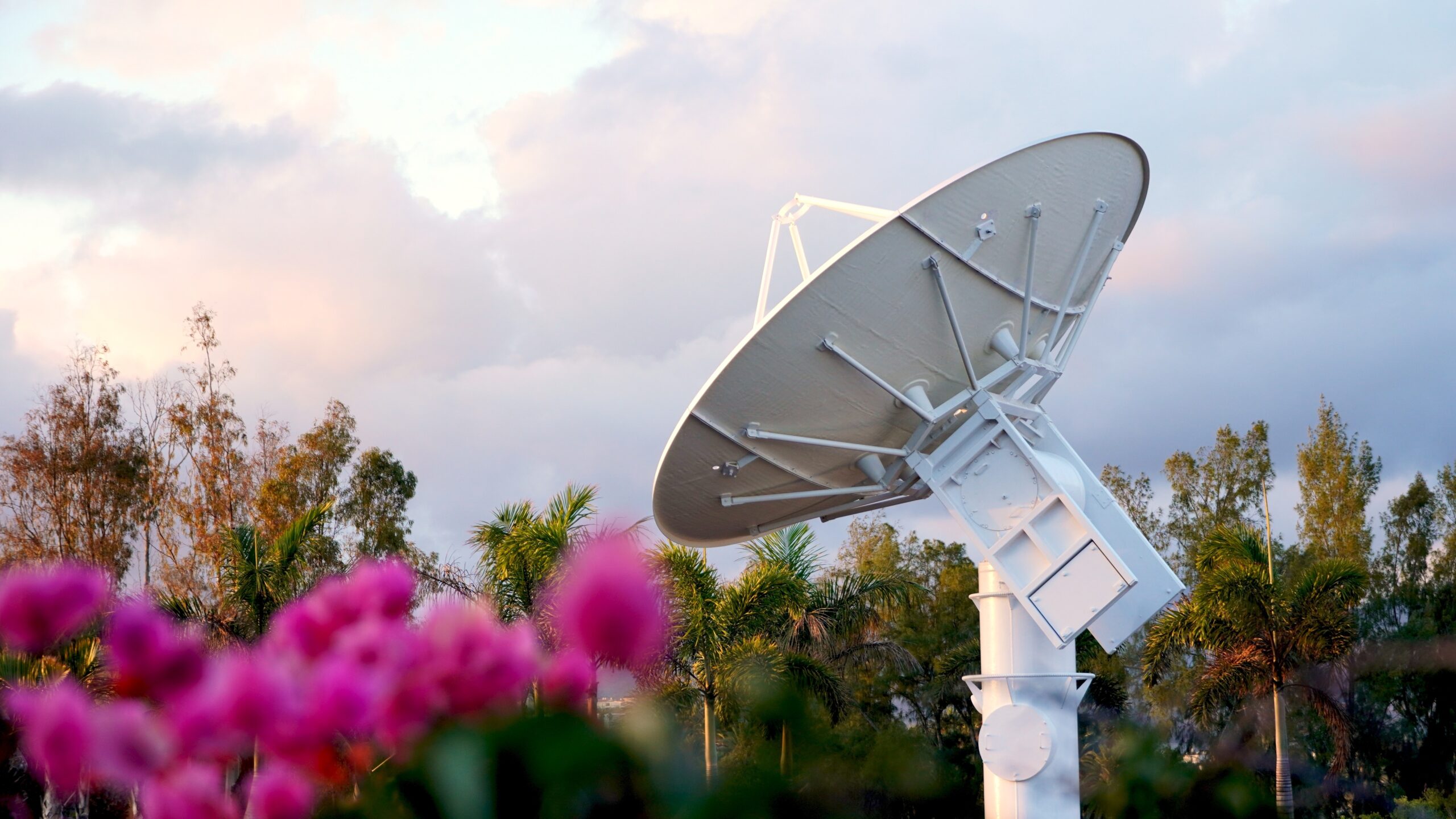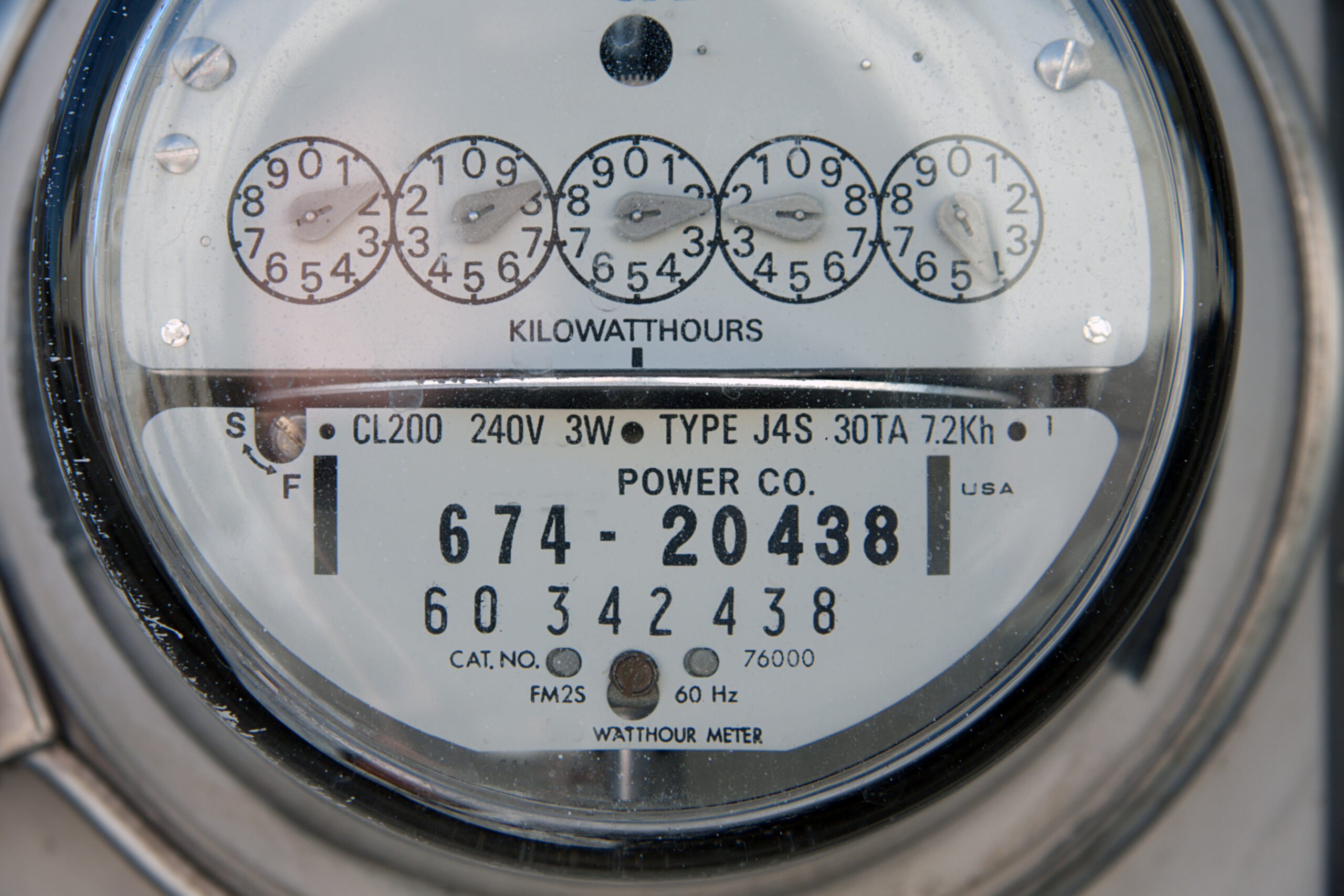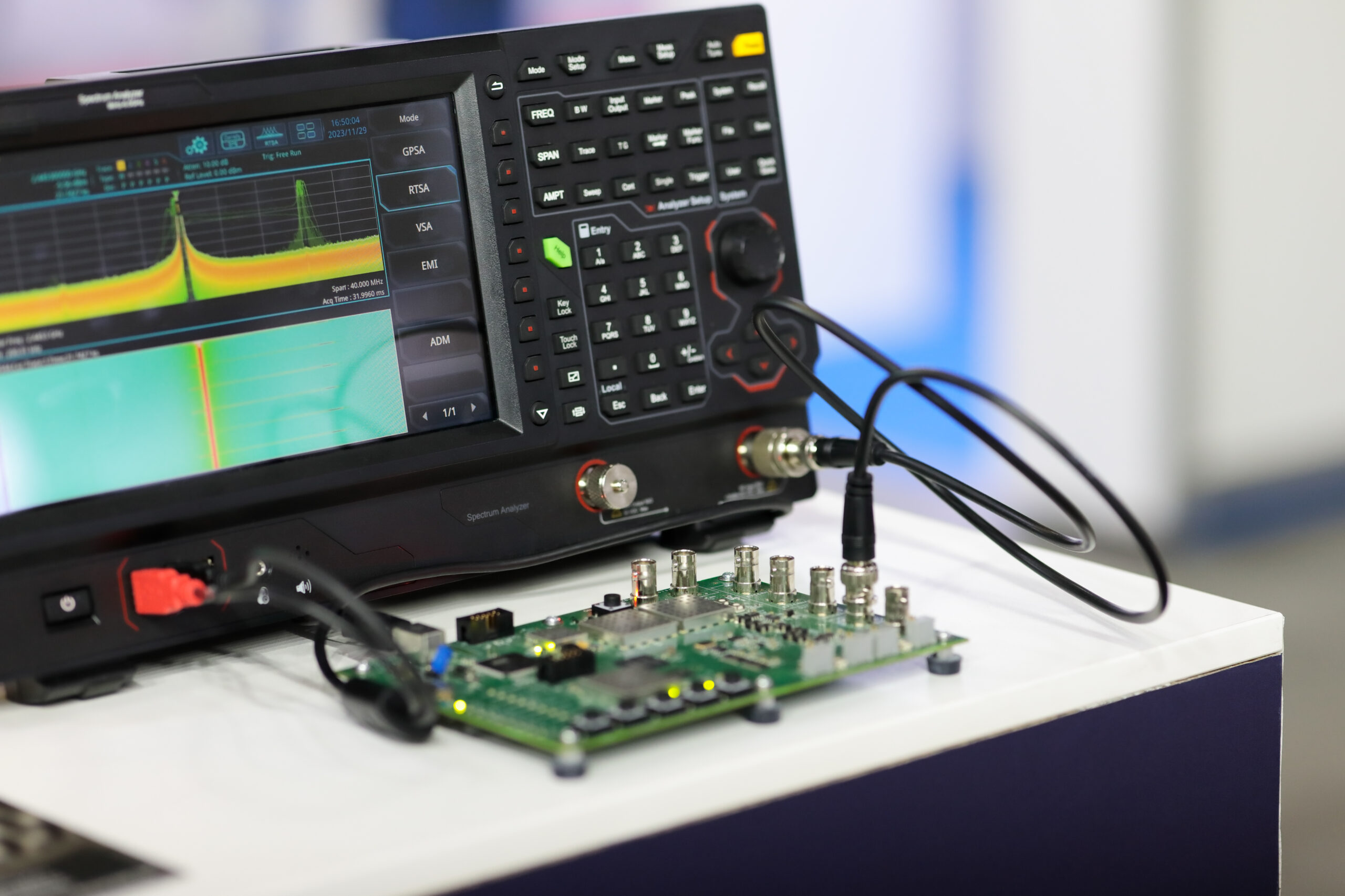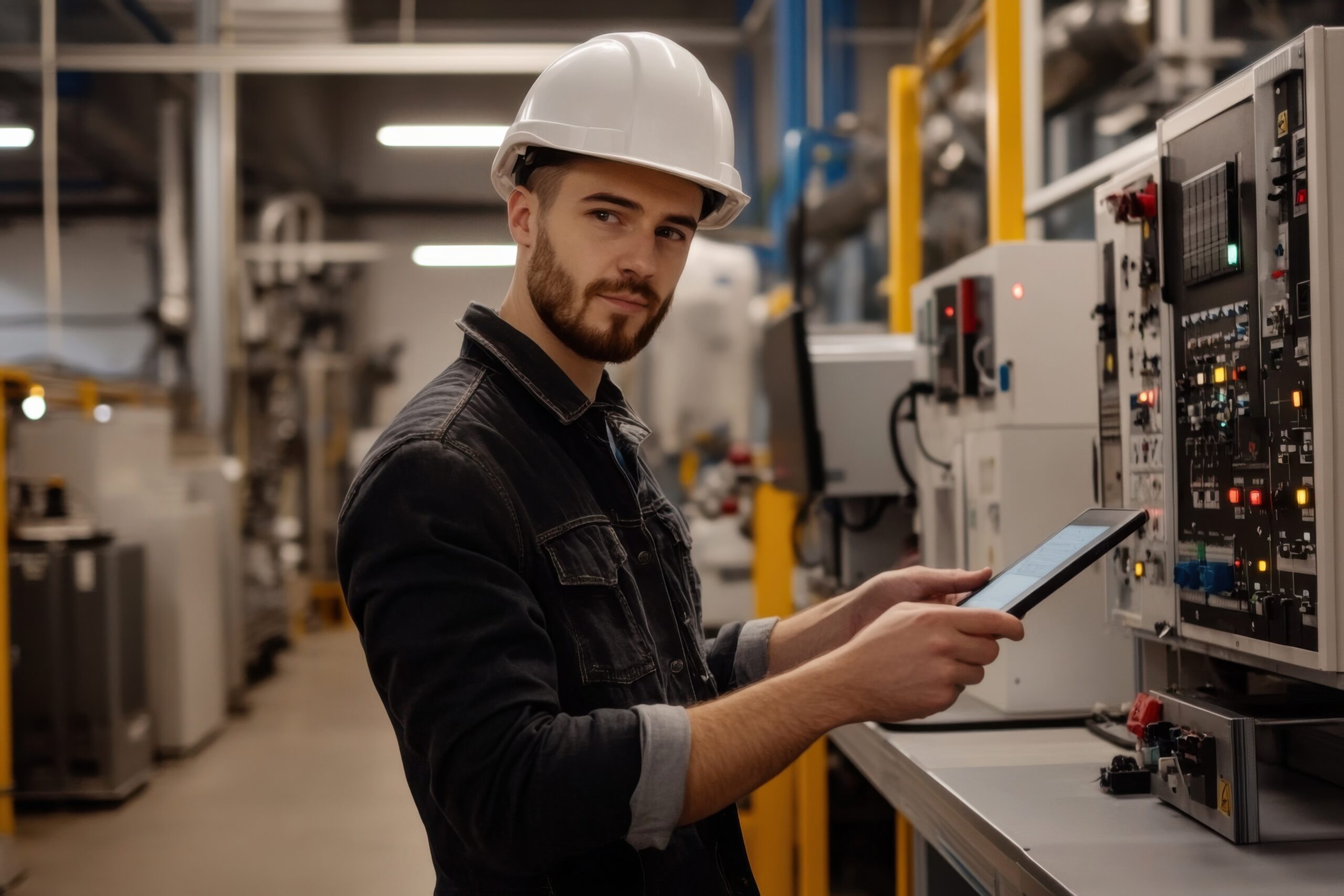When selecting an ISO/IEC 17025:2017 accredited mechanical calibration service, you choose the highest standards in testing and calibration laboratories. This accreditation guarantees that your equipment—whether calipers, micrometers, or torque wrenches—provides accurate and reliable measurements. The process involves:
- A thorough examination of your equipment.
- Calibration against national or international standards.
- A final report detailing the results.
It confirms adherence to globally recognized procedures and minimizes measurement uncertainties by linking your instruments to these standards.
Accredited calibration not only bolsters your company’s reputation and competitive edge but also understands and caters to your specific industry needs. Whether for industrial compliance, quality assurance, or enhancing operational reliability, this precision can make a significant difference. Are you curious about how it can specifically benefit your industry? Keep exploring to find out.
Importance of ISO/IEC 17025:2017
ISO/IEC 17025:2017 sets the gold standard for testing and calibration laboratories, ensuring that they consistently deliver accurate and reliable results. In the realm of mechanical calibration, this international standard guarantees that the calibration laboratory adheres to recognized calibration procedures and metrology equipment usage, which are the bedrock of achieving precise measurements. It’s a reassurance of the quality of our service.
Adopting ISO/IEC 17025:2017 in your calibration laboratory is more than just about compliance; it’s about elevating your calibration services’ technical competence and reliability. This standard revolutionizes how calibration services are performed, from the initial setup of metrology equipment to the final output and reporting. It ensures that every accredited calibration conducted under this standard adheres to stringent calibration standards, assuring you of the highest quality service.
Moreover, traceability under ISO/IEC 17025:2017 connects your measurements to national or international standards, providing a clear lineage of accuracy. This is crucial in industries where precise measurement is essential to product quality and safety.
Scope of Mechanical Calibration
Building on the foundation of ISO/IEC 17025:2017, let’s explore the extensive range of mechanical calibration services available to guarantee your equipment performs at its best. The scope of services spans various tools and devices critical to maintaining accuracy in your operations.
By starting with caliper calibration, including vernier dial and digital types, you’ll ensure that these essential measuring instruments provide precise readings. This is important for tasks that require exact measurements.
Similarly, micrometer calibration fine-tunes your devices for detailed inspection tasks, while gauge block calibration maintains the standards for calibrating other measurement tools.
Torque wrench calibration is another essential service, mainly if working in environments where the correct torque application is critical to safety and functionality. Likewise, pressure gauge calibration services, such as hydraulic systems, are essential in systems relying on accurate pressure readings.
Flow meter calibration services are indispensable for measuring volume and flow. They guarantee accurate readings, whether you’re measuring water, chemicals, or gases.
Dynamometer and balance calibrations are equally important, ensuring that force measurement and weighing scales are precise and reliable. Lastly, refractometer calibration ensures that your optical devices accurately measure the refractive index, a necessity in various scientific applications.
Benefits of Accredited Calibration
Accredited calibration services often guarantee that your equipment meets rigorous industry standards, enhancing reliability and compliance. When you opt for services that adhere to ISO/IEC 17025:2017, you ensure that the mechanical calibration performed is recognized globally for its competence and consistency.
The benefits of accredited calibration extend beyond simple compliance. Such services enhance operational quality assurance and measurement accuracy. This means you’re not just meeting legal requirements but also boosting the trustworthiness of your measurements, which is vital in competitive industries.
Moreover, the traceability provided by accredited calibration ensures that each measurement can be connected to national or international standards through an unbroken chain of comparisons. This traceability isn’t just a perk; it’s a requirement for many sectors that rely heavily on precise measurements, such as aerospace, automotive, and pharmaceuticals.
Lastly, using accredited calibration services bolsters your company’s reputation. It shows that you’re committed to maintaining high metrology standards, which can be a significant advantage in marketplaces that value precision and reliability. This commitment can improve customer satisfaction and potentially more business opportunities, as clients often prefer partners who prioritize quality assurance in their operations.
Calibration Standards and Compliance
Following calibration standards guarantees compliance with global regulations and maintenance of equipment accuracy. Adhering to internationally recognized frameworks like ISO/IEC 17025:2017 is essential when performing mechanical calibration. This standard ensures that calibration practices are consistent, reliable, and meet stringent quality requirements.
Accredited calibration isn’t just about ticking a box; it’s about integrating precision in metrology to uphold the integrity of your measurements across various parameters. Whether you’re performing mass calibration, torque calibration, pressure calibration, or dimensional calibration, the adherence to calibration standards underpins the credibility of your results.
This compliance is essential, as it influences the trust clients and regulatory bodies place in your data.
Types of Mechanical Instruments
Understanding the various mechanical instruments available for calibration is essential as you navigate the complexities of maintaining your equipment to industry standards. You’ll encounter multiple instruments, each with distinct functions and calibration needs.
First, accelerometer calibration ensures that devices used to measure acceleration maintain precision, which is essential for applications in the automotive and aerospace industries.
With barometer calibration services, you can verify the accuracy of instruments measuring atmospheric pressure, which is essential for weather forecasting and environmental science.
For those who work with fastening mechanisms, bolt tension gauge calibrations are indispensable to ensure that bolts are tightened correctly and prevent structural failures.
Similarly, bore gauge calibration is necessary for accurately measuring holes, which is pivotal in machining and manufacturing processes.
Dial gauge and height gauge calibrations play critical roles in precision engineering by ensuring that these tools deliver accurate readings for depth and heights, respectively.
Meanwhile, force calibration checks the accuracy of devices measuring force, which is essential in material testing and engineering.
Torque calibrations are required for rotational force tools, ensuring that everything from engine parts to lug nuts are correctly tightened.
Vacuum gauge calibration helps maintain the performance of gauges measuring vacuum pressures, which is critical in various industrial applications.
Lastly, weight calibration is fundamental for scales and balances, ensuring accurate weight measurements in commercial and scientific settings.
Choosing a Mechanical Calibration Service
Choosing the appropriate calibration service is essential for guaranteeing your equipment performs accurately and adheres to industry standards. When you’re in the market for calibration services, mainly mechanical calibration, it’s imperative to consider a few key aspects.
Firstly, opt for an ISO/IEC 17025:2017 accredited calibration laboratory. This accreditation ensures that the service provider meets international standards for calibration and testing. An accredited calibration means that the lab has demonstrated competence to perform specific calibration tasks, which assures the reliability of its calibration certification.
Secondly, I need to understand the lab’s calibration process. Effective calibration procedures are crucial for the precise measurement of metrology equipment. The lab’s calibration standards should align with the latest industry requirements to ensure the equipment’s performance isn’t compromised.
Additionally, please inquire about the range of calibration services offered. A lab that can handle various mechanical calibration tasks is preferable. This versatility ensures they can accommodate multiple types of metrology equipment, from micrometers to torque wrenches.
Lastly, the calibration laboratory’s turnaround time and customer support are also necessary. You’ll want an efficient and supportive service throughout the calibration process.
Maintaining Calibration Accuracy
Once you select an ISO/IEC 17025:2017 accredited calibration service, maintaining calibration accuracy becomes your next priority. It’s important to understand that the integrity of your mechanical calibration hinges on consistently applying calibration standards and employing proper calibration techniques.
To ensure accuracy, regularly review the calibration procedures provided by your accredited calibration service. These procedures are designed to align with the stringent requirements of ISO/IEC 17025:2017, guaranteeing that every aspect of the calibration process is controlled and monitored.
Pay attention to the importance of the calibration equipment used. High-quality, well-maintained equipment is essential for achieving reliable calibration results. Regular checks and servicing of your calibration equipment can prevent inaccuracies due to wear and tear or environmental factors.
Additionally, consider the frequency of your calibration services. The more frequently your tools and systems are calibrated, the more you’ll reduce the risk of drift and maintain the precision of your measurements.
Invest in Precision and Quality with Accredited Calibration Services
You’ve seen how critical ISO/IEC 17025:2017 accreditation is for ensuring the precision and reliability of your mechanical instruments.
By choosing an accredited calibration service, you’re not only complying with global standards but also enhancing the performance and lifespan of your tools.
Remember, maintaining regular and accurate calibration is critical. Don’t hesitate to invest in quality—after all, the accuracy of your equipment reflects directly on the quality of your products.
Ready to elevate your precision and quality? Choose EML Calibration, your trusted ISO/IEC 17025:2017 accredited calibration partner. Contact us today to ensure your equipment’s accuracy and reliability and boost your company’s reputation and competitive edge. Experience the difference that top-tier calibration services can make.





